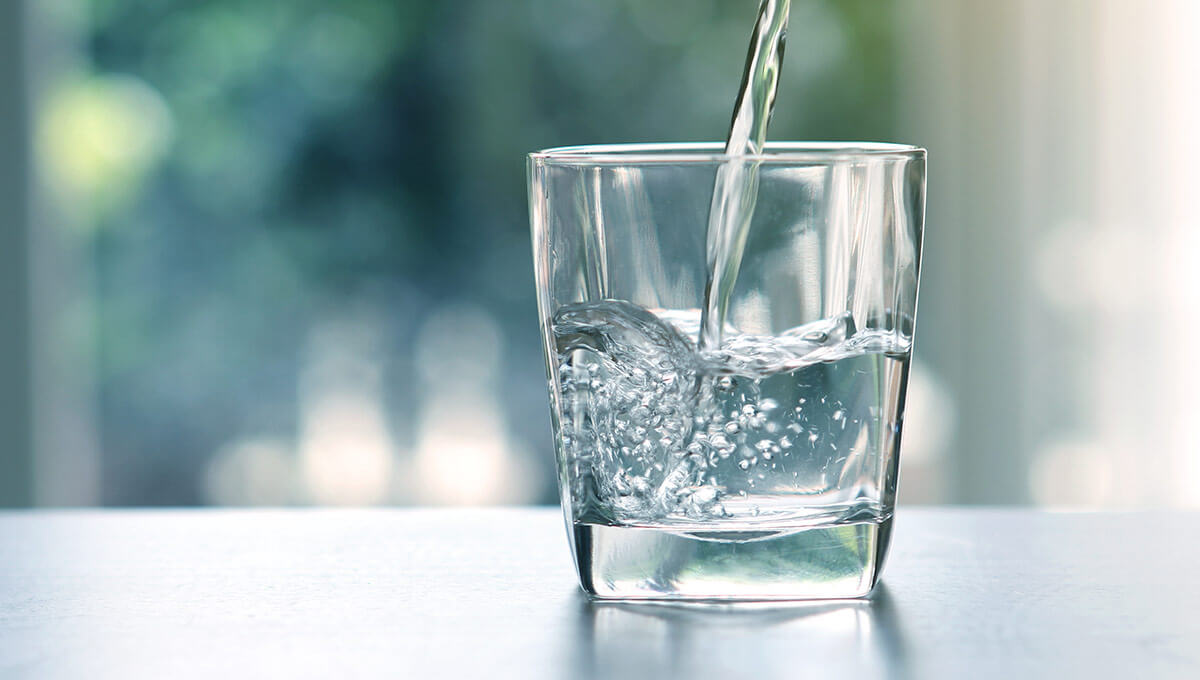
Ways to drink more water

A healthy and varied diet often involves experimenting in the kitchen. Discovering new tastes and using hitherto unknown food products allows us to provide the body with a number of valuable active ingredients. Below we will try to answer the question: what to choose - chia seeds or flaxseed?
Flaxseed - you may have heard about its beneficial properties from your grandparents. Flax seeds are a rich source of valuable omega-3 fatty acids, the highest content of which is found in raw, cold-pressed flaxseed oil. Polyunsaturated fats are known to provide substantial support for the condition and functioning of the cardiovascular system as well as the brain and nervous system. In addition, omega-3 fatty acids are extremely valuable for proper vision.
Flaxseed contains a lot of lignans, which are classified as phytoestrogens. Their presence determines the strong anti-inflammatory properties of flaxseeds. In addition, lignans make it possible to intensify the anti-inflammatory effect of the omega-3 acids mentioned earlier.
A characteristic feature of flaxseed are mucilages, which are formed during the preparation of an infusion of common flax seeds. Its action is extremely valuable for the digestive tract. Regular drinking of flaxseed infusion increases the protection of the oesophagus, stomach and duodenum, as the aforementioned mucilages cause a strong reduction of active inflammatory reactions. Therefore, nutritionists recommend flaxseed to people struggling with the problem of peptic ulcer disease. Moreover, it is also worth mentioning the relatively high fibre content of flaxseeds. It is well known that maintaining an optimum amount of fibre in the diet has a beneficial effect on intestinal passage, microbiota, and promotes control of normal body weight.
Just like flaxseed, chia seeds are an oily plant with a high content of valuable omega-3 fatty acids. However, chia has a higher amount of fibre than flaxseed, which determines its greater effectiveness in prolonging the feeling of satiety and reducing excessive appetite. Another similarity between chia and flaxseed is the presence of valuable elements such as zinc, magnesium and potassium, which are extremely important for the proper functioning of the metabolism.
So what about the differences? Chia seeds are first of all a rich source of calcium, because in 100 g there is over 630 mg of this element! Calcium is necessary to maintain healthy bones and proper muscle function, and its deficiency can cause deterioration of both of these structures. In addition, chia has hydrophilic properties - that is, the ability to absorb large amounts of water and slow the absorption of carbohydrates. This is an incredibly valuable piece of information for people with diabetes or glycaemic problems. Diabetics can therefore use chia to control sugar levels and limit excessive sugar spikes.
The information below is required for social login
Sign In
Create New Account